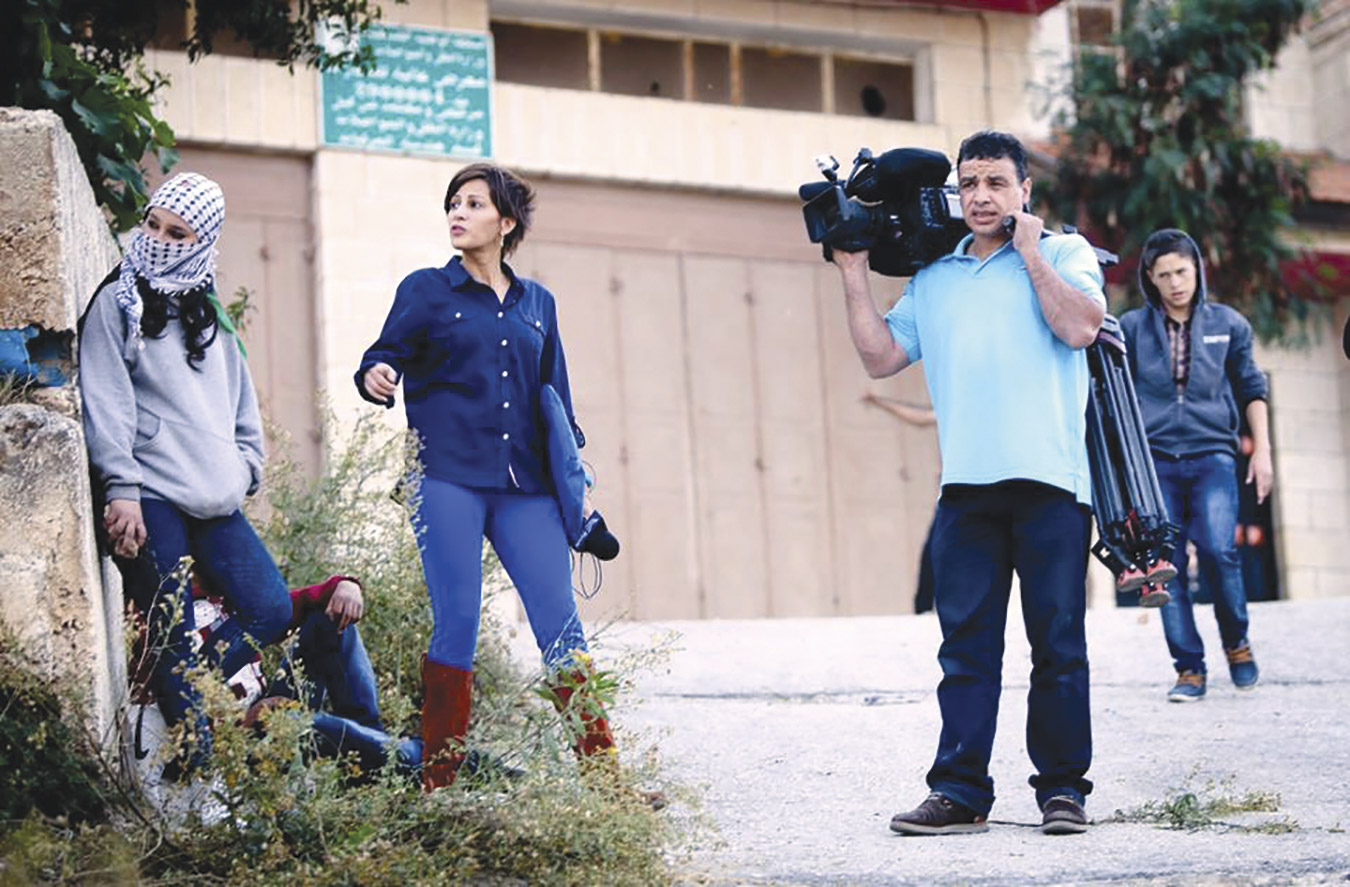RFE/RL’s Baku Bureau was raided by police and investigators on December 26, who seized documents and official stamps and sealed the bureau to prevent further journalistic work. More than two dozen bureau employees were questioned by prosecutors without benefit of legal representation or explanation of any charges.
This move followed an escalation of government interference with RFE/RL reporting in 2014. Beginning in February, Azerbaijani contributors Khadija Ismayilova and Yafez Hasanov were harassed and accused of espionage. In the following months, the harassment of Ismayilova intensified, culminating in Ismayilova being jailed on politically motivated charges in December.








